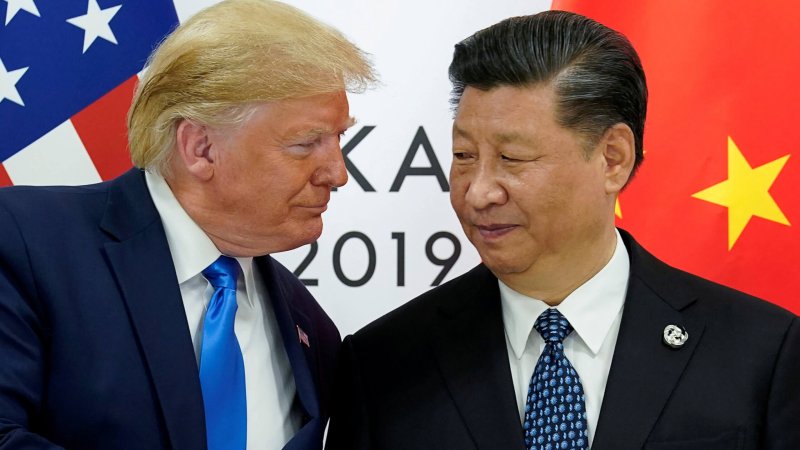It’s very possible a Chinese [COVID-19] vaccine could be the first to succeed in Phase III trials. If Warp Speed contenders fail, the U.S. could be perhaps six to eight months behind in developing one. What happens then?
Health and national security experts envision, in that case, the future unfolding like a kind of “choose your own nightmare” narrative, each potential pathway leading to geopolitical quagmires and thorny scientific traps. What if China refuses to give a safe vaccine to the United States, instead using it as a bargaining chip to combat U.S. power? What if the Trump administration, or a Biden administration, refuses to accept it? What if a Chinese “victory” pressures the U.S. or Europe to cut corners in their vaccine development or approval process—a worry only increased by President Donald Trump’s recent comments drawing the Food and Drug Administration into his political fights?
A vaccine that works will be “the most important human resource in modern history,” says Larry Gostin, professor of Global Health Law at Georgetown University… “It’s very possible that China’s not going to sell [a vaccine] to the highest bidder,” he says. “They’ll use it for political influence or political payback or part of the trade negotiations with the United States. … It’s very possible the United States could be at the end of the line.”































